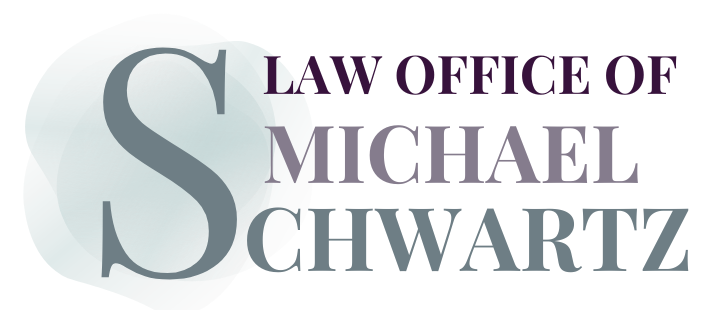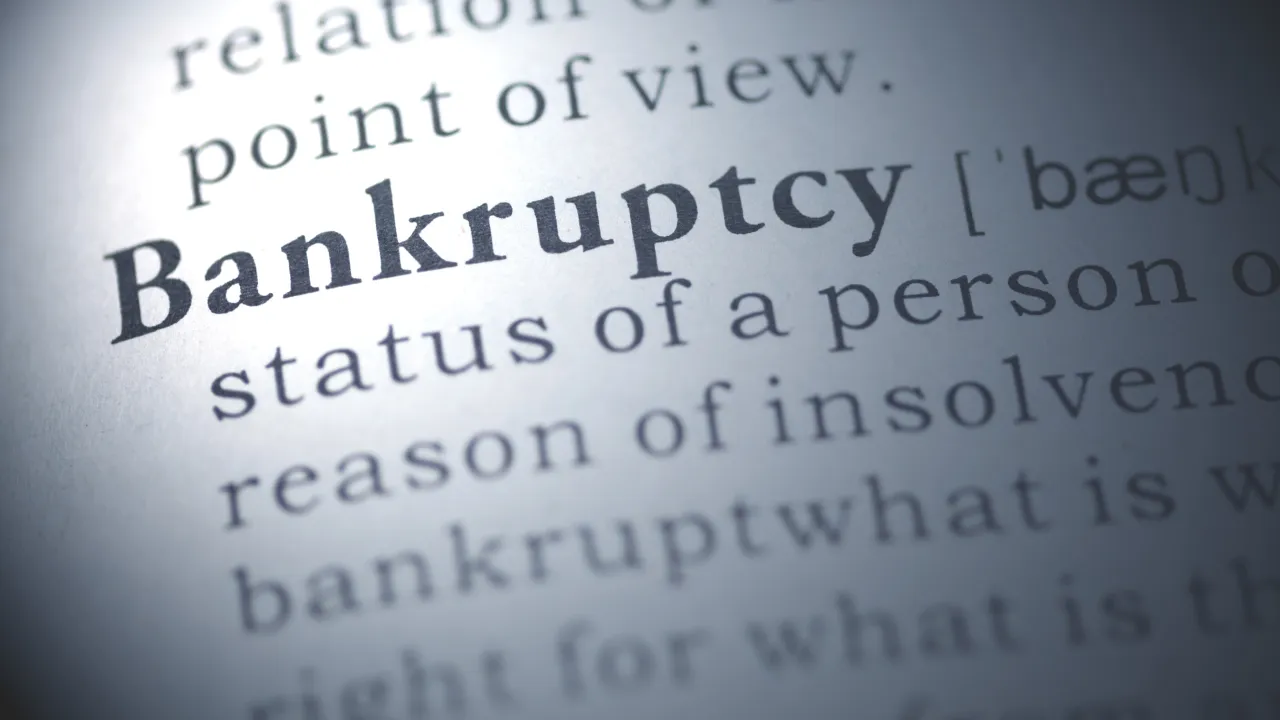Bankruptcy is a legal process designed to provide relief to individuals and businesses overwhelmed by debt. Two common types of bankruptcy filings available for individuals within Pennsylvania are Chapter 7 and Chapter 13. While both aim to help debtors achieve a fresh financial start, they differ significantly in terms of eligibility, procedures, and outcomes. In this article, we will explore the key differences between Chapter 7 and Chapter 13 bankruptcy, enabling you to gain a better understanding of each and choose the most appropriate option for your unique circumstances.
Chapter 7 Bankruptcy:
Chapter 7 bankruptcy, often referred to as “liquidation bankruptcy”; involves the sale of a debtor’s non-exempt assets to repay creditors.
Here are the essential aspects of Chapter 7 bankruptcy:
- Eligibility: Chapter 7 bankruptcy is available to individuals, married couples, partnerships, and corporations. However, eligibility is subject to meeting certain criteria, primarily based on income and expenses. Regarding income, in most cases, to be approved for a Chapter 7 discharge, you will need to pass the means test. Generally speaking, to be considered for Chapter 7 bankruptcy, your household income should fall below the median income of a similar size family within Pennsylvania. Additionally, you will also need to show that all of the household income is needed for your family’s living expenses, and that there is nothing left over to pay creditors.
- Liquidation: In Chapter 7, a court-appointed trustee may liquidate non-exempt assets to repay creditors. Non-exempt assets may include valuable property, investments, or luxury items. A bankruptcy attorney, like Michael Schwartz, can advise you whether or not your particular assets are at risk. Most times, when we file Chapter 7, we can exempt most assets, allowing debtors to retain essential assets such as a home, car, or personal belongings. Whether or not an asset can be exempted is usually based upon the equity in each asset. The ownership of the asset (whether it owned individually or jointly with a spouse) is also an important factor.
- Discharge of Debts: Chapter 7 bankruptcy generally provides a complete discharge of eligible unsecured debts, such as credit card debt, medical bills, and personal loans. However, certain debts, such as student loans, tax obligations, and child support, are typically not discharged.
- Duration: Chapter 7 bankruptcy is typically resolved within a few months, providing a relatively swift resolution to the debtor’s financial difficulties. A chapter 7 bankruptcy will stay on your credit report for 10 years.
Chapter 13 Bankruptcy:
Chapter 13 bankruptcy, often known as “reorganization bankruptcy” or “wage earner’s plan”, involves creating a repayment plan to settle debts over a specified period.
Let’s explore the primary features of Chapter 13 bankruptcy:
- Eligibility: Chapter 13 bankruptcy is available to individuals, including sole proprietors, who have a regular income and are capable of repaying a portion of their debts over time. For individuals who cannot qualify for Chapter 7 because of income, or are concerned about liquidation of assets, Chapter 13 is usually a viable alternative. For some of my clients, they prefer filing through Chapter 13 because of a moral obligation to repay at least some of their debt.
- Repayment Plan: In Chapter 13, the debtor proposes a repayment plan to the court, outlining how they intend to repay their debts over a three to five-year period. The repayment plan takes into account the debtor’s income, expenses, and the value of their assets.
- Debt Repayment: Under Chapter 13, debtors are allowed to retain their assets, including their home and car, as long as they adhere to the repayment plan and make regular payments to the bankruptcy trustee. The repayment plan typically involves repaying a portion of the debts owed to unsecured creditors, such as credit card companies, while also addressing secured debts like mortgage arrears. Unlike Chapter 7, Chapter 13 is also a great way to resolve debts that need to be repaid, like mortgage arrears and obligations owed to the IRS or PA Department of Revenue.
- Debt Discharge: Upon successful completion of the repayment plan, any remaining dischargeable debts are typically forgiven, providing the debtor with a fresh financial start. Like Chapter 7, student loans are not discharged.
- Duration: Chapter 13 bankruptcy typically takes longer to complete due to the extended repayment period, typically lasting three to five years. A Chapter 13 will stay on your credit report for 7 years.
Choosing the Right Option:
Deciding between Chapter 7 and Chapter 13 bankruptcy depends on various factors, including income, assets, debts, and long-term financial goals. Consulting with a bankruptcy attorney like Michael Schwartz is an important starting point. Usually, the question is not which chapter should I file, but rather which chapter is most appropriate based upon my circumstances.


